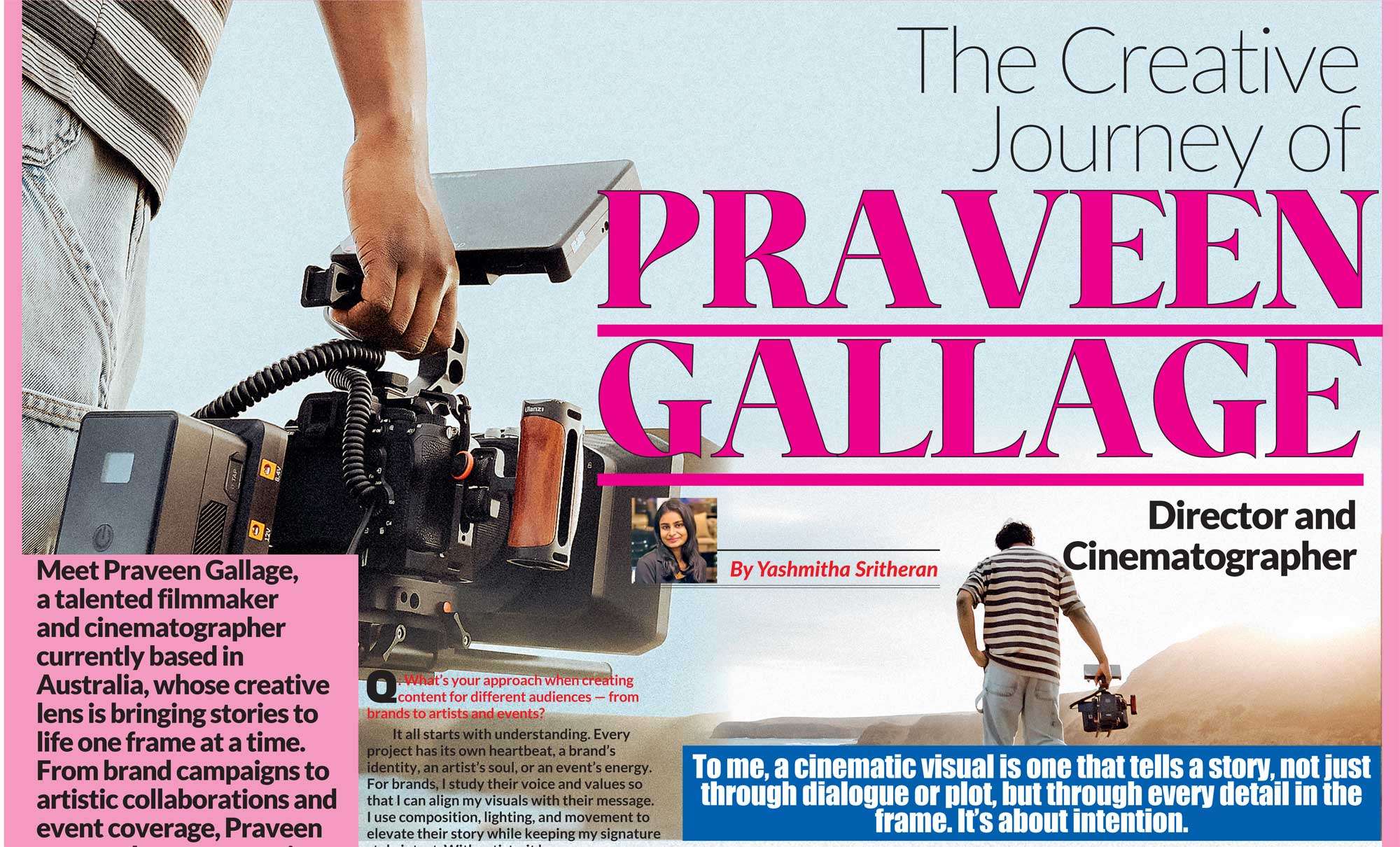In a landmark move that could redefine the credibility and fairness of Hollywood’s most prestigious awards ceremony, the Academy of Motion Picture Arts and Sciences has announced a significant change to its voting process. Beginning with the next Academy Awards, all Oscar voters must confirm that they have watched all nominated films in a given category before they are permitted to cast their final votes in that category. This new rule, hailed as a long-overdue reform by some and criticized as overly prescriptive by others, aims to address a problem that has quietly shadowed the Oscars for years: the tendency of some members to vote based on reputation, hearsay, or partial viewings, rather than a full and fair assessment of all nominated work. With the global film industry under increasing scrutiny for transparency and inclusion, this rule positions the Academy as a proactive force in ensuring integrity within its own ranks.
A Decisive Step Towards Fairness
For decades, critics and insiders have questioned how thoroughly Oscar voters engage with the content they are tasked to judge. Anecdotal evidence, and even candid admissions from some voters, suggested that many ballots were cast without comprehensive viewings of all nominated films. Voters, often overwhelmed by the sheer volume of content across numerous categories, sometimes relied on marketing buzz, box office performance, or personal loyalty in making their decisions. The Academy’s new rule seeks to change that. To enforce the policy, the Academy will use its proprietary streaming service, the Academy Screening Room, which tracks whether a member has viewed a film through the platform. If a member watches a film outside this platform, for example, at a theatrical screening or via a studio-provided screener, they must fill out a “seen elsewhere” form to confirm their viewing. The consequences for non-compliance are significant: if a member cannot confirm that they have watched all the films in a category, they will be barred from voting in that category altogether.

Why Now?
The rule change is part of a broader set of reforms initiated by the Academy in response to evolving industry expectations and a series of public controversies. From debates over diversity and representation to the influence of streaming platforms and the growing use of artificial intelligence in filmmaking, the Oscars have had to navigate a rapidly changing landscape. These challenges have only intensified calls for increased accountability in how the awards are decided. According to Academy President, Janet Yang, the rule, “ensures that every voter approaches their responsibility with the seriousness and commitment that the integrity of the
With the global film industry under increasing scrutiny for transparency and inclusion, this rule positions the Academy as a proactive force in ensuring integrity within its own ranks.
Oscars demands.
The awards we give must be based on complete, informed consideration.” The Academy is not alone in implementing such standards. The British Academy of Film and Television Arts (BAFTA) has required its members to watch all nominated films in certain categories for several years, following similar criticisms over partial or uninformed voting. In this context, the Oscars’ new rule may be viewed not as radical, but as part of an emerging best practice within the industry.
Divided Reactions Within Hollywood
As with any change that disrupts long-standing habits, the new rule has prompted mixed reactions. Supporters argue that it’s a necessary step to preserve the Oscars’ credibility in a media environment that demands greater transparency and fairness. “This should have been done years ago,” said one anonymous Academy member in a Variety interview. “How can you claim to recognize the best when you haven’t seen everything that’s in contention?” Others, however, worry about the feasibility of such a requirement. With over 10,000 Academy members, many of whom work full-time in the industry, the demand to watch every nominated film in a category, particularly for technical awards with lesser-known entries, could be overwhelming. Detractors also note that logistical issues, such as geographic access or limited screening times, might complicate compliance for international or remote members.
Implications for the Industry
If effectively implemented, this new rule could have a wide-reaching impact on how films are campaigned and consumed during awards season. Studios and distributors may place a greater emphasis on ensuring their films are easily accessible via the Academy’s official platforms. Lesser-known or independent films, often overshadowed by blockbuster competitors, might receive a fairer shake as voters are required to give them due consideration. For the viewing public and critics alike, the rule sends a clear message: the Oscars are serious about honouring excellence in cinema through a transparent and informed process. This could go a long way in restoring faith in an institution that has, in recent years, faced declining viewership and rising scepticism.
Anecdotal evidence, and even candid admissions from some voters, suggested that many ballots were cast without comprehensive viewings of all nominated films
Looking Forward
The rule’s debut will likely be closely watched in the upcoming Oscar season. Observers will look for signs that it improves the diversity and range of winning films, especially in categories that have traditionally been dominated by mainstream or studio-backed entries. It remains to be seen how rigorously the Academy will enforce the rule, and whether it will expand similar requirements to preliminary voting rounds in the future. But one thing is clear: the Oscars are no longer willing to let tradition stand in the way of progress. As the film industry continues to evolve, with new platforms, new voices, and new technologies reshaping the landscape, the Academy’s decision reflects a broader cultural shift: one that demands accountability, thoughtfulness, and integrity in even the most glamorous corners of the entertainment world.
Conclusion
The Oscars’ new rule mandating full viewing of nominated films before voting marks a critical step toward reinforcing the legitimacy of Hollywood’s most iconic awards. While it may come with challenges and resistance, the decision affirms a commitment to fairness and professionalism in an industry where perception is everything. For the Academy, this is more than a policy change, it’s a statement of values.











